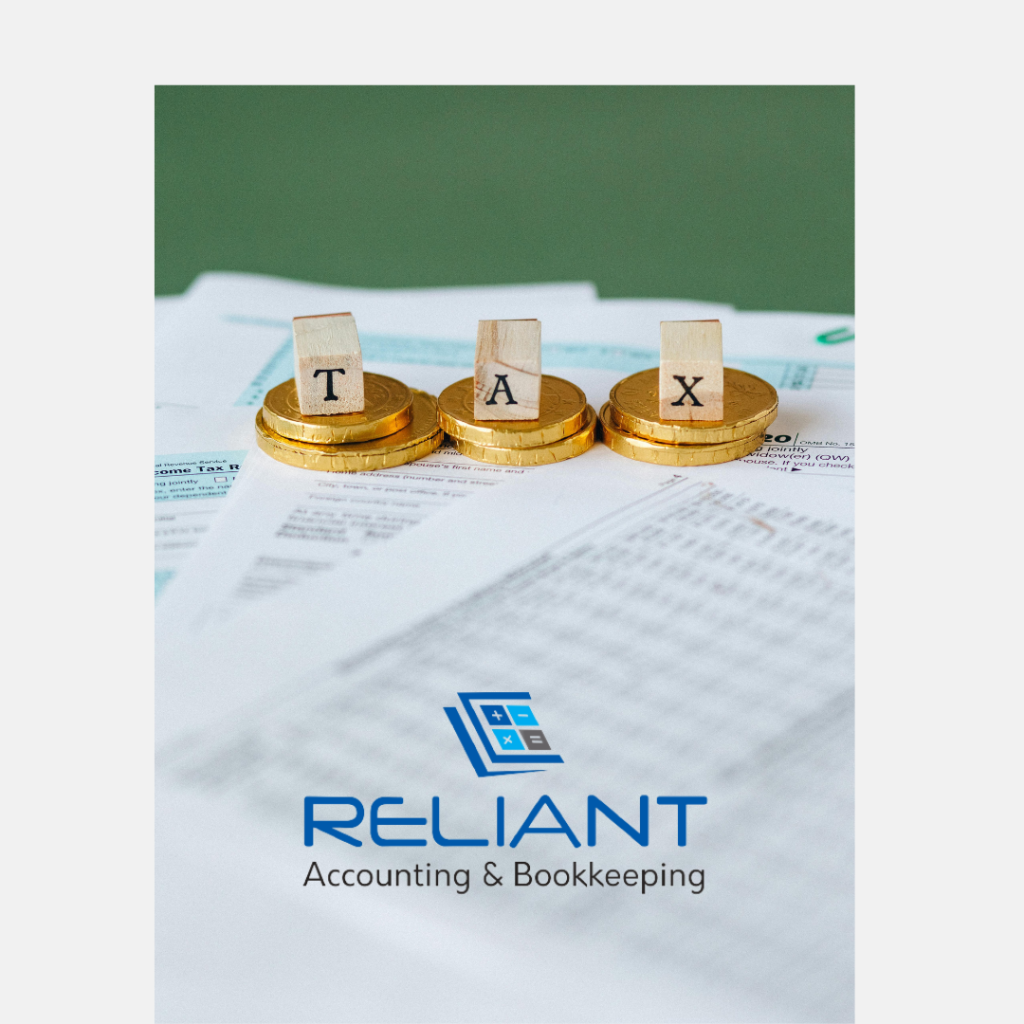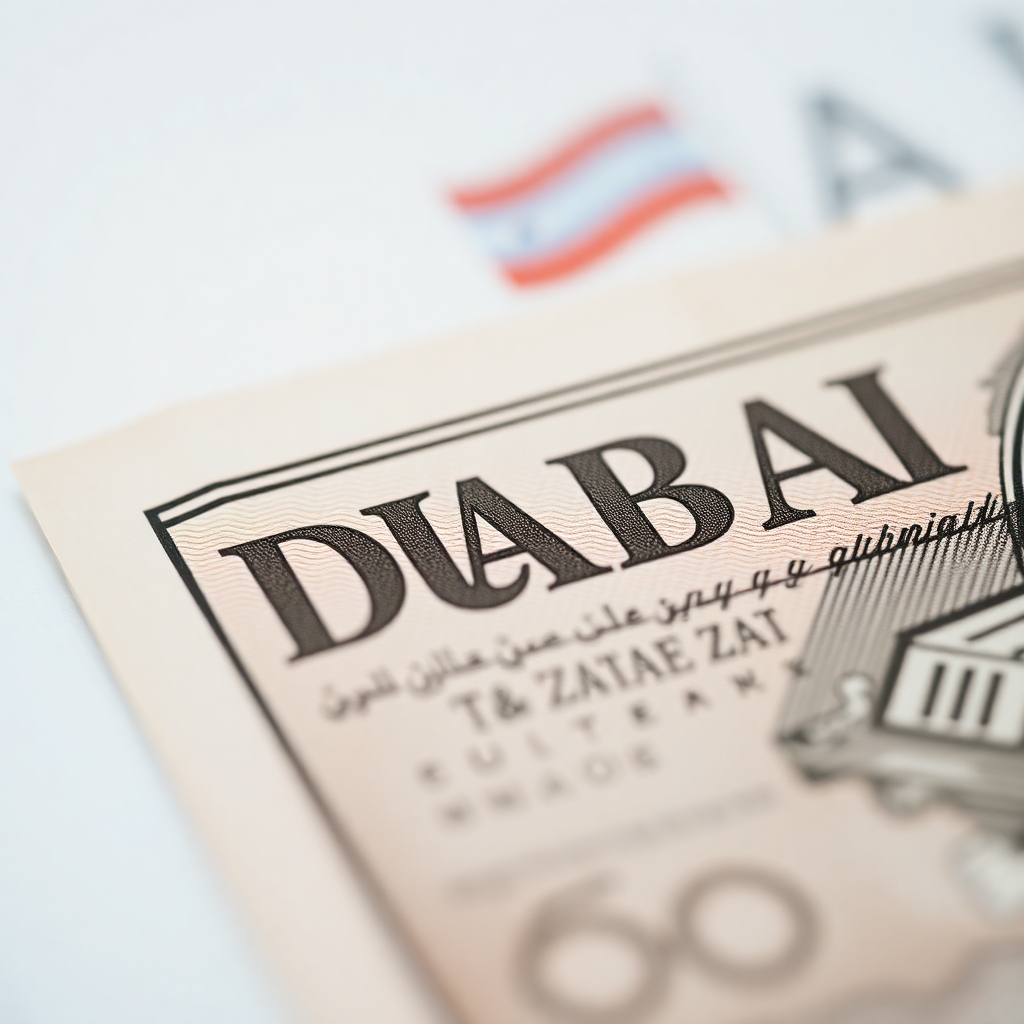Dubai, one of the most cosmopolitan cities in the United Arab Emirates (UAE), has long been recognized for its tax-free status. However, in recent years, the UAE government introduced Value Added Tax (VAT) as part of its fiscal reforms aimed at diversifying its economy, reducing reliance on oil revenues, and enhancing the overall financial stability of the nation. In this blog, we will explore the ins and outs of VAT in Dubai, its impact on businesses and consumers, and the role it plays in the economic landscape of the UAE.
What is VAT?

Value Added Tax (VAT) is a consumption tax levied on the sale of goods and services. It is charged at every stage of the production and distribution chain but is ultimately borne by the final consumer. VAT is common in many countries around the world, particularly in the European Union, and has now become an integral part of the UAE’s tax system.
In the UAE, VAT was introduced on January 1, 2018, at a standard rate of 5%. This move was designed to create a more sustainable economic model and reduce the country’s dependency on oil revenues.
Why Was VAT Introduced in Dubai?
The primary reason for introducing VAT in Dubai and the wider UAE was to create a steady and diversified revenue stream for the government. The UAE has historically relied heavily on oil exports to fund its public services, infrastructure, and development projects. However, in response to fluctuating oil prices and the need for long-term economic sustainability, the government decided to implement VAT as a way to:
- Diversify Revenue Sources: VAT provides the government with an alternative source of income to fund its public expenditures and infrastructure projects.
- Promote Sustainable Economic Growth: By introducing VAT, the UAE government aims to build a more balanced economy, with less reliance on oil revenues.
- Encourage Investment and Innovation: By broadening the tax base, the government creates an environment conducive to innovation and foreign investment.
How Does VAT Work in Dubai?
VAT is applied to most goods and services in Dubai, with some exceptions. It is a multi-stage tax that is collected at each stage of the production and supply chain. For businesses that are registered for VAT, they are required to charge VAT on the goods and services they sell and are also allowed to reclaim the VAT they paid on business-related purchases.
The process can be broken down into three main stages:
- Businesses Charge VAT: When a registered business sells a product or service, they charge VAT on the price of the sale. This is collected from the consumer.
- Businesses Pay VAT on Purchases: Businesses that are VAT-registered also pay VAT when purchasing goods or services from other VAT-registered businesses.
- Claiming VAT Credits: A business can offset the VAT it has paid on purchases against the VAT it has collected from customers. If a business has collected more VAT than it has paid, it must remit the difference to the government.
The VAT system is relatively simple and transparent, making it easier for businesses to comply with tax obligations. For businesses that fall under the VAT registration threshold (typically AED 375,000 in annual turnover), VAT registration is mandatory.
VAT Rates in Dubai: What You Need to Know
As of now, the standard VAT rate in Dubai is 5%. This rate applies to most goods and services, including:
- Food and beverages (with certain exceptions for basic food items)
- Clothing
- Electronics
- Healthcare services (certain healthcare services are VAT exempt)
- Real estate transactions (including residential property rentals)
There are also some specific exemptions and zero-rated goods and services:
- Basic food items: These are generally exempt from VAT or are subject to a zero rate. Examples include fruits, vegetables, rice, bread, and milk.
- Healthcare and education services: Certain healthcare services and educational services provided by accredited institutions are exempt from VAT.
- Real estate: Residential property rentals are typically exempt from VAT, but commercial property rental may attract VAT at the standard rate.
- International exports: Goods and services exported outside the UAE are zero-rated for VAT purposes.
VAT Registration in Dubai: Who Needs to Register?
Businesses with an annual turnover exceeding AED 375,000 must register for VAT with the Federal Tax Authority (FTA). Smaller businesses, with a turnover between AED 187,500 and AED 375,000, have the option to voluntarily register for VAT.
The registration process is relatively straightforward, involving the submission of relevant business documents and financial records to the FTA. Upon successful registration, businesses are issued a VAT number and are required to maintain proper VAT records and file periodic VAT returns.
VAT Returns and Compliance
VAT-registered businesses in Dubai are required to file VAT returns every quarter or every month, depending on the size of their turnover. These returns include details of the VAT collected from customers and the VAT paid on business purchases. The deadline for filing VAT returns is typically 28 days after the end of the reporting period.
The business is required to pay the difference between the VAT it collected from customers and the VAT it paid on its own purchases. If the business has paid more VAT on purchases than it has collected on sales, it can claim a VAT refund from the FTA.
Failure to comply with VAT filing and payment obligations can result in penalties, fines, and interest charges. The FTA has put in place a robust system to monitor compliance, and businesses are advised to maintain accurate records of all transactions to avoid any issues.
The Impact of VAT on Consumers and Businesses in Dubai
For consumers, the introduction of VAT has had an effect on the price of goods and services in Dubai. However, the VAT rate of 5% is relatively low compared to many other countries, and essential goods, such as basic foodstuffs, are often exempt or zero-rated. As a result, the impact on the cost of living has been moderate, especially compared to countries with higher VAT rates.
For businesses, VAT has presented both opportunities and challenges. While the tax system is straightforward, it requires businesses to implement efficient accounting and invoicing systems to comply with regulations. Smaller businesses may face difficulties in adjusting to the new system, but there are significant benefits for those who manage their VAT obligations effectively, including the ability to reclaim VAT on business-related purchases.
VAT Refunds for Tourists
Dubai has also introduced a VAT refund scheme for tourists. Tourists who visit Dubai and make purchases can claim back the VAT paid on goods they take out of the country. This VAT refund process is designed to encourage tourism and make Dubai more attractive as a shopping destination. Tourists can claim refunds at designated refund points at Dubai International Airport, subject to certain conditions and minimum purchase thresholds.
Conclusion
The introduction of VAT in Dubai was a significant step towards creating a more diversified and sustainable economy for the UAE. While VAT is an added cost for consumers, the relatively low rate and exemptions for essential goods have minimized its impact. For businesses, VAT compliance is crucial, but it also offers an opportunity to reclaim VAT on purchases, which can improve cash flow.
As Dubai continues to grow as a global business hub, VAT will remain a vital component of the economic landscape. Understanding how VAT works, knowing when to register, and maintaining proper records are essential for businesses operating in Dubai to stay compliant and thrive in this new tax environment




